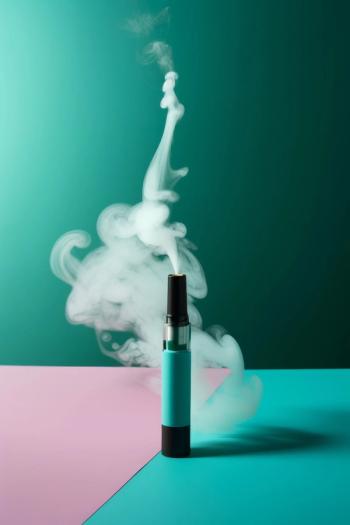
Cannabis Tourism–Where in the World Next?
National Geographic recently looked at potential locations around the world where cannabis tourism could flourish.
With the recent, so-called decline of the Netherlands as the most popular destination for cannabis tourism for the past 40 years, National Geographic explored the many global locations that could rise to become destinations for foreign visitors to consume cannabis (1). The locations included Thailand, Germany, and South Africa, plus certain countries and states in the Americas. Annually, the global cannabis tourism industry is estimated to be $17 billion (1).
The Netherlands decriminalized cannabis in 1976, and in May 2023, bans on public cannabis smoking began in Amsterdam as part of a response to complaints from residents about misbehaving tourists (1,2). The fine for public smoking is $107 (1).
In June 2022, Thailand removed cannabis flower from the list of prohibited substances, and an estimated 12,000 dispensaries appeared within a year (3). Over a million residents have registered to cultivate cannabis, but the regulations are still undefined (1,3).
“Thailand is a freewheeling environment at the moment, with very little restriction on consumption by tourists,” said Michael O’Regan, tourism lecturer at Glasgow Caledonian University in Scotland (1). “The country is attracting cannabis tourists across the Asian region and may increasingly attract Europeans.”
Germany is reportedly poised to be the first major European country to enact liberal cannabis legislation (4). Last month, Germany passed legislation that would make possession and consumption of cannabis legal in certain circumstances and would also allow residents to cultivate a limited number of plants (4). However, as O’Regan explained, Germany will likely not encourage cannabis tourism.
“They explicitly point to the Netherlands as a model to be avoided,” he explained (1). “Under the new law, cannabis shall only be available for purchase in limited quantities and for own consumption by persons who are registered in so-called cannabis clubs, which will make purchases difficult for international tourists…I don’t think any city wants to repeat the same experience and have tourists fly from across the region to consume drugs.”
In looking at South Africa, where cannabis use in private spaces has been legal since 2018, tourism and economic opportunities reportedly seem to be growing in part due to hemp products, cannabis tours, and “bud and breakfast” accommodations (1). “South Africa's cannabis tourism is poised to be a major niche tourism segment for the country,” said Tafadzwa Matiza, tourism lecturer at North-West University (1). A bill for full legalization for recreational consumption in the country will potentially be voted on within the next few months (5).
As more states in the US and countries such as Argentina, Brazil, Colombia Costa Rica, Ecuador, Panama, and Peru have been relaxing their cannabis laws, sales and cannabis-themed events and attractions have markedly increased (1). Regardless of the location of cannabis tourism, the takeaway advice was for tourists to be respectful and do their research on the cannabis laws in place anywhere they visit (1).
References
- O’Connell, R. As Amsterdam bows out, what will be the new capital of cannabis tourism?
https://www.nationalgeographic.com/travel/article/amsterdam-marijuana-ban-cannabis-tourism (accessed Sep 12, 2023). - Boztas, S. “potheads, go giggle elsewhere”: Public weed ban begins in Amsterdam
https://www.theguardian.com/world/2023/may/25/amsterdam-public-weed-smoking-ban-begins (accessed Sep 12, 2023). - Ives, M. Thailand’s weed industry is poised to grow fast
https://www.nytimes.com/2023/08/27/business/thailands-weed-industry-is-poised-to-grow-fast.html (accessed Sep 12, 2023). - Marsh, S.; Rinke, A. German cabinet Oks Landmark bill over legal cannabis use
https://www.reuters.com/world/europe/german-cabinet-agrees-bill-legalizing-recreational-cannabis-use-2023-08-16/ (accessed Aug 29, 2023). - Colbert, M. Cannabeginners: How to legally use cannabis in South Africa
https://hightimes.com/guides/cannabeginners-how-to-legally-use-cannabis-in-south-africa/ (accessed Sep 12, 2023).
Newsletter
Unlock the latest breakthroughs in cannabis science—subscribe now to get expert insights, research, and industry updates delivered to your inbox.




